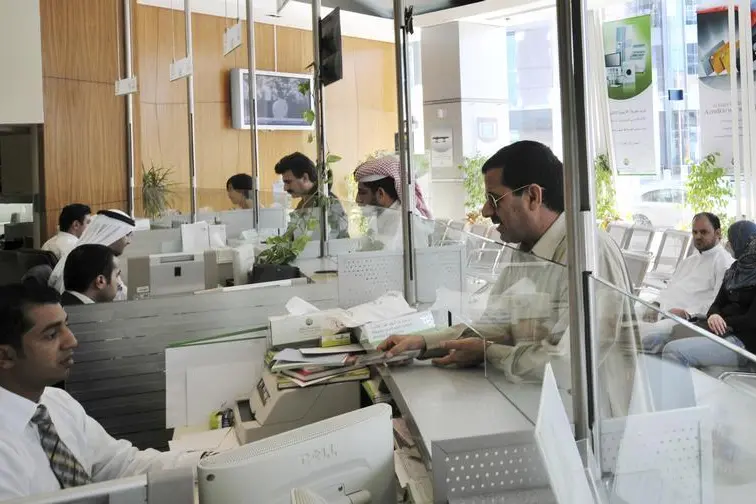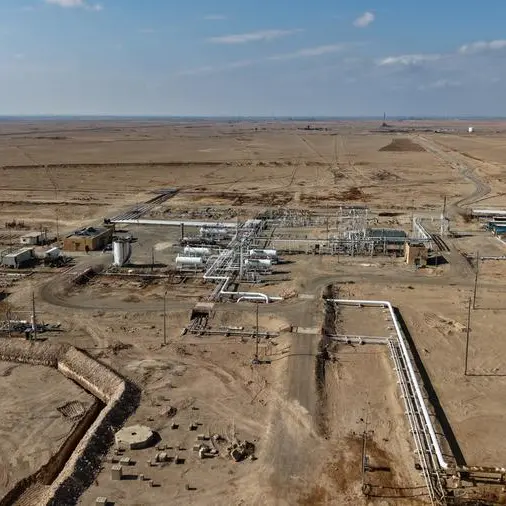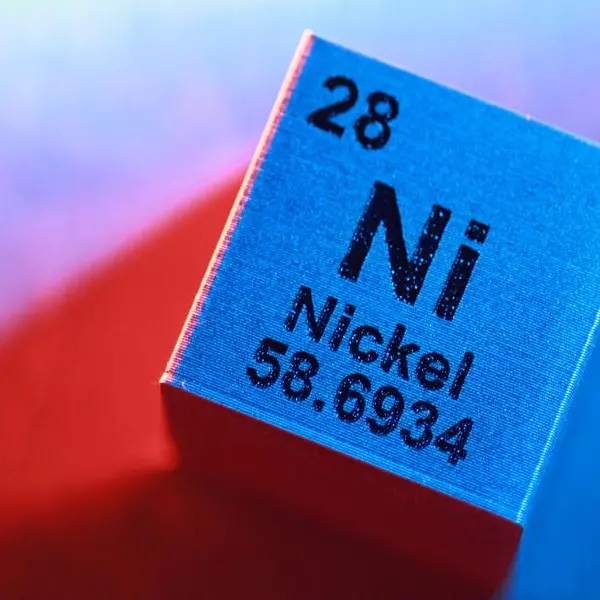PHOTO
By Bernardo Vizcaino
Dec 2 (Reuters) - Islamic banks are gradually embracing socially responsible finance, from renewable energy to microfinance efforts, helping unlock new funding sources for environmentally-friendly projects, an industry survey shows.
The two sectors have developed separately from each other, but green projects could benefit from tapping Islamic banks in countries like the United Arab Emirates and Malaysia, where they now hold a quarter of total banking assets.
Around two-thirds of financing in Saudi Arabia follows Islamic principles, which forbid investing in gambling, tobacco and alcohol. This resembles the screening methodology used by ethical funds in Western markets.
Commonalities could help converge two fast-growing bond markets: Moody's Investors Service estimates issuance of Islamic bonds, or sukuk, will reach $70 billion this year, compared to over $80 billion for green bonds.
Green finance is increasingly important for Islamic banks seeking to differentiate themselves from their conventional peers, the Bahrain-based General Council for Islamic Banks and Financial Institutions (CIBAFI) said in a report.
Islamic banks want to improve their contribution to local economies with job creation, infrastructure and SME financing as top priorities, a survey conducted by CIBAFI between May and August shows.
The survey drew input from 86 Islamic finance institutions across 29 countries mainly from the Middle East and Southeast Asia, as well as Africa.
Around a third of small Islamic banks cited a moderate exposure to the green and renewable energy sectors, compared to 15.5 percent for large Islamic banks.
In Malaysia a local lender has introduced green mortgages to facilitate installation of solar systems, while an Islamic bank in Jordan is developing alternatives to medium-term loans to fund energy efficient and renewable energy projects.
(Editing by Simon Cameron-Moore) ((Bernardo.Vizcaino@thomsonreuters.com; Telf: +61293218168; Reuters Messaging: bernardo.vizcaino.thomsonreuters.com@reuters.net))
Dec 2 (Reuters) - Islamic banks are gradually embracing socially responsible finance, from renewable energy to microfinance efforts, helping unlock new funding sources for environmentally-friendly projects, an industry survey shows.
The two sectors have developed separately from each other, but green projects could benefit from tapping Islamic banks in countries like the United Arab Emirates and Malaysia, where they now hold a quarter of total banking assets.
Around two-thirds of financing in Saudi Arabia follows Islamic principles, which forbid investing in gambling, tobacco and alcohol. This resembles the screening methodology used by ethical funds in Western markets.
Commonalities could help converge two fast-growing bond markets: Moody's Investors Service estimates issuance of Islamic bonds, or sukuk, will reach $70 billion this year, compared to over $80 billion for green bonds.
Green finance is increasingly important for Islamic banks seeking to differentiate themselves from their conventional peers, the Bahrain-based General Council for Islamic Banks and Financial Institutions (CIBAFI) said in a report.
Islamic banks want to improve their contribution to local economies with job creation, infrastructure and SME financing as top priorities, a survey conducted by CIBAFI between May and August shows.
The survey drew input from 86 Islamic finance institutions across 29 countries mainly from the Middle East and Southeast Asia, as well as Africa.
Around a third of small Islamic banks cited a moderate exposure to the green and renewable energy sectors, compared to 15.5 percent for large Islamic banks.
In Malaysia a local lender has introduced green mortgages to facilitate installation of solar systems, while an Islamic bank in Jordan is developing alternatives to medium-term loans to fund energy efficient and renewable energy projects.
(Editing by Simon Cameron-Moore) ((Bernardo.Vizcaino@thomsonreuters.com; Telf: +61293218168; Reuters Messaging: bernardo.vizcaino.thomsonreuters.com@reuters.net))





















